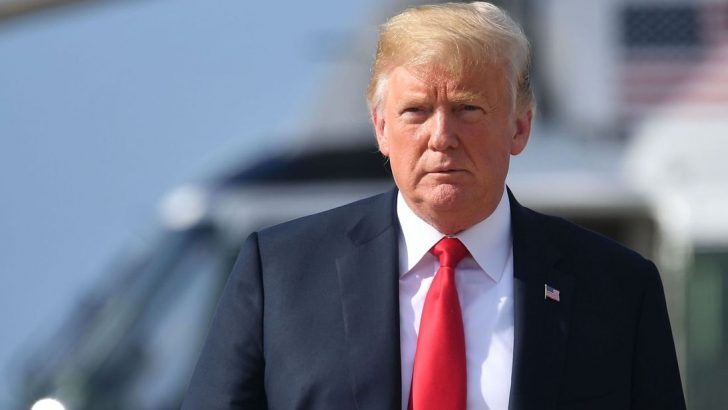Few topics have drawn as much attention online of late than Donald Trump’s seemingly inexorable path towards becoming the Republican candidate in next year’s US presidential election. What Catholics think of this isn’t entirely clear.
A solid place to look for data on the subject is fivethirtyeight.com, where last month Catholic blogger Leah Libresco pointed out with site founder Nate Silver that it seems conservative Catholics are more inclined to be sceptical of Trump’s faith claims than other conservative Christians, 49% of those surveyed by Pew having said “that Trump was not very or not at all religious”. That said, the site noted, the Pew survey also revealed that 30% of registered Catholic voters “said they felt that Trump would be a good or great president”.
This being roughly in line with registered voters in general, the site says that America’s Catholics are swing voters, in 2012 having given “50% of their votes to Barack Obama and 48% to Mitt Romney, according to the national exit poll”.
‘Tea bag’ wing
Can Trump be stopped? For Silver, he can, but probably only by Ted Cruz, a Catholic of the Republicans’ ‘tea bag’ wing, and one disliked by the party establishment. The problem for Cruz, he says, is that his best chance for stopping Trump would have been some weeks ago, as states favourable to him have already voted at a time when the Republican pack was tight.
Even now, he says, there’s still a chance, but in the meantime the constant questions remain about whether Catholics should support a man whose policies, Pope Francis so recently suggested, are “not Christian”.
Writing at lifezette.com, Wendy Long, the Republicans’ New York nominee for the US Senate, claims Trump has become pro-life, will stand up for Christianity, believes in marriage as traditionally understood and supports genuine political subsidiarity. What’s more, she argues, Trump genuinely loves the poorly educated and has his priorities right for preserving the laws and identity of the US.
Response
Her article was a response to an open letter from a host of leading Catholic conservatives, notably Princeton’s Professor Robert George and George Weigel, official biographer of St John Paul II, but also such figures as scientist Stephen Barr, theologian Francis Beckwith, and Catholic Voices USA founder Ann Corkery.
The letter, published at nationalreview.com, maintains that “Donald Trump is manifestly unfit to be president of the United States”, claiming that in campaigning he has set a new standard for political vulgarity, offensively appealed to “racial and ethnic fears and prejudice”, and advocated policies of torture and worse. They see no reason for confidence, they add, that Trump is sincerely committed to “the right to life, to religious freedom and the rights of conscience, to rebuilding the marriage culture, or to subsidiarity and the principle of limited constitutional government”.
While Trump may be giving voice to legitimate concerns, they say, the price for that voice is something no Catholic should pay.
If Wendy Long rejects the letter from one side of the political divide, Anthony Annett at commonwealmagazine.org does so from the other.
The letter had listed reasons why Catholics might legitimately support the Republican party as “a vehicle — imperfect, like all human institutions, but serviceable — for promoting causes at the centre of Catholic social concern in the US”.
Values
The list omits such issues as the death penalty, gun control, healthcare, the environment and immigration, claiming that “no political party perfectly embodies Catholic social doctrine”, but for Annett, the Republicans fail even to adhere to those values they claim.
Catholic Republicans, he says, have spent decades “either supporting the policies that brought us to this point, or else turning a blind eye to them”.
Trump, he says, “didn’t come out of nowhere”.


 Greg Daly
Greg Daly Former president of the United States, Donald Trump.
Former president of the United States, Donald Trump. 